What to Expect From an EV Charger
Electric vehicles (EVs) are becoming increasingly popular due to their eco-friendly nature and cost-efficiency over time. However, transitioning from traditional gas-powered vehicles to electric requires some understanding of the differences in fueling needs. One of the most significant changes to get accustomed to is the charging process. Knowing what to expect from an EV charger can assist in making the switch smoother and more efficient.
Choosing the Right Level of EV Charger
EV chargers come in various levels, each with different charging speeds to match your lifestyle needs. Level 1 chargers are the most basic, typically provided with the car itself, and use a standard household outlet. While convenient, Level 1 chargers are slower and can take between 2 and 12 hours to fully charge your vehicle, according to U.S. News. On the other hand, Level 2 chargers, often installed in homes or public places, require a specific charging unit but significantly reduce charging time.
Installing an EV Charger at Home
The ability to charge your vehicle at home is one of the most appealing aspects of owning an EV. Home charging, especially with a Level 2 charger, transforms the way you 'fuel' your vehicle by allowing for overnight charges or quick top-ups without trips to the gas station. Depending on your daily mileage, a home charger might be enough to meet all your needs. Additionally, the growing infrastructure of public Level 2 and Level 3 chargers offers increased flexibility and options for longer trips.
Assessing Your Property’s Electrical Capacity
When considering the installation of a home EV charger, several factors need to be taken into account. Compatibility with your vehicle, the cost of the installation, and your household's electrical capacity must all be considered. Many utility companies offer rebates and incentives for EV charger installations, which can help offset costs. Understanding these elements will ensure you choose the right charger for your requirements, maximizing convenience and minimizing disruption.
Transitioning to an EV and understanding what to expect from an EV charger requires some initial research and adaptation. However, the benefits of convenience, environmental impact, and long-term savings make it a worthwhile transition. By becoming familiar with the types and capabilities of EV chargers, you can make informed decisions that match your lifestyle and make your switch to an electric vehicle seamless and stress-free. If you're looking for reliable EV charger or solar installers, make sure to contact Northwind Solar today!
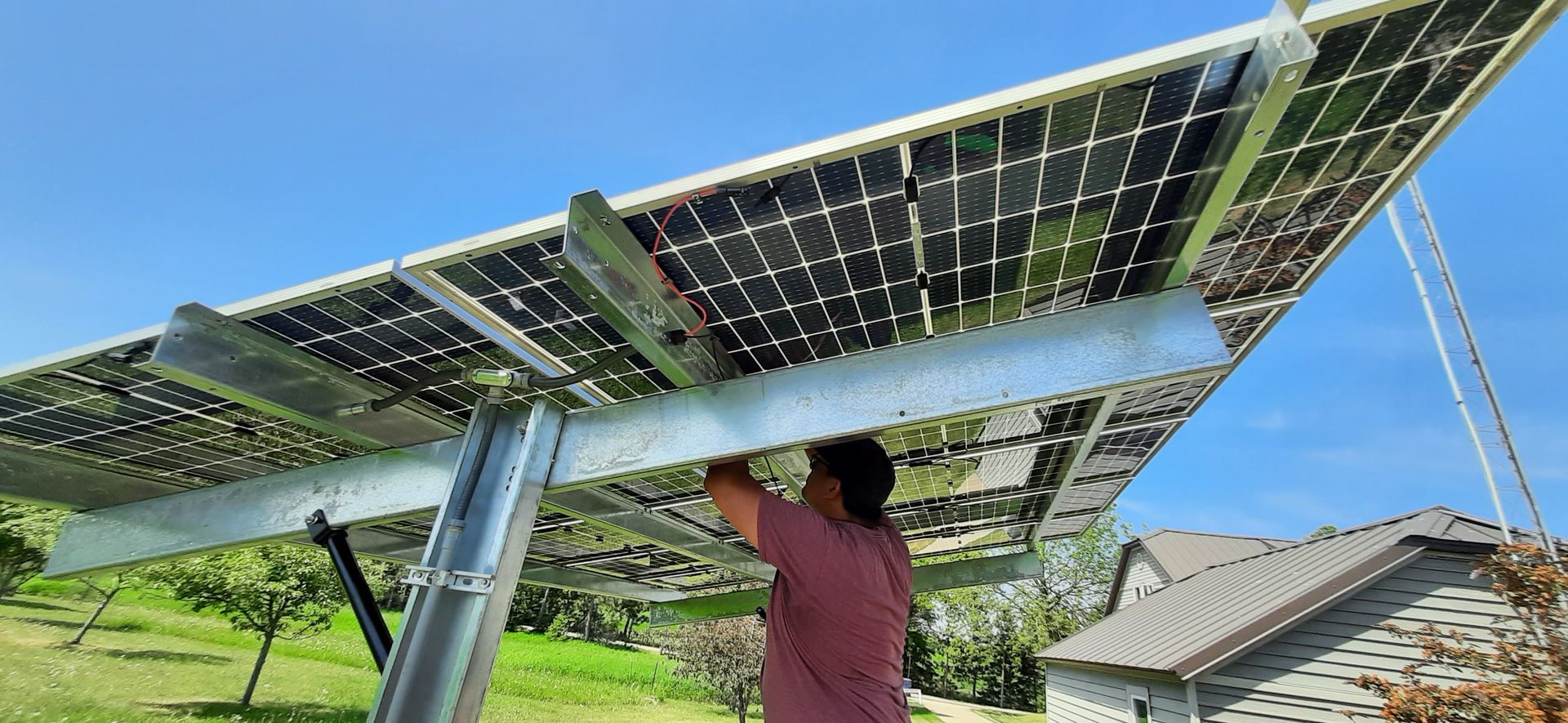

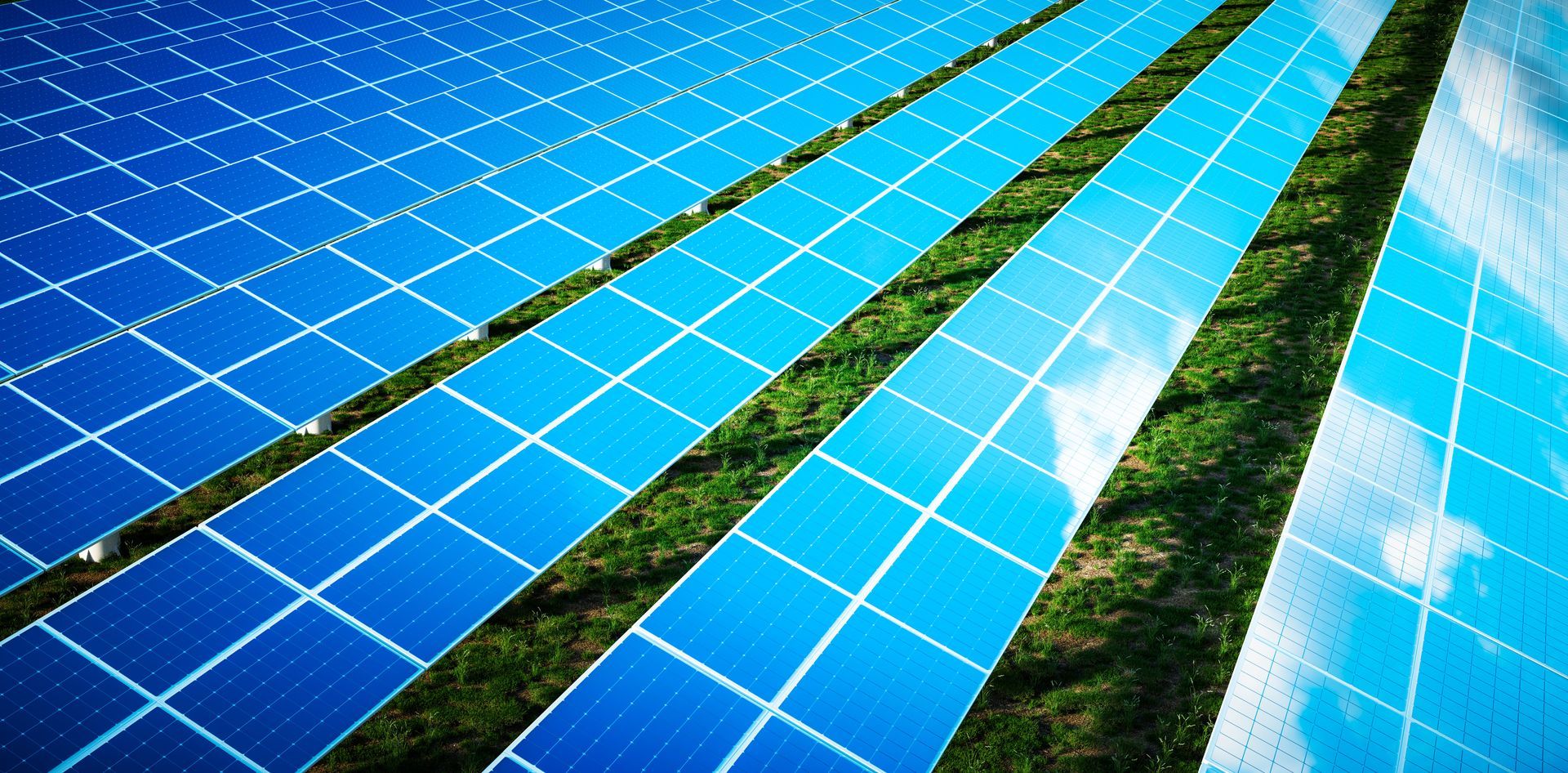
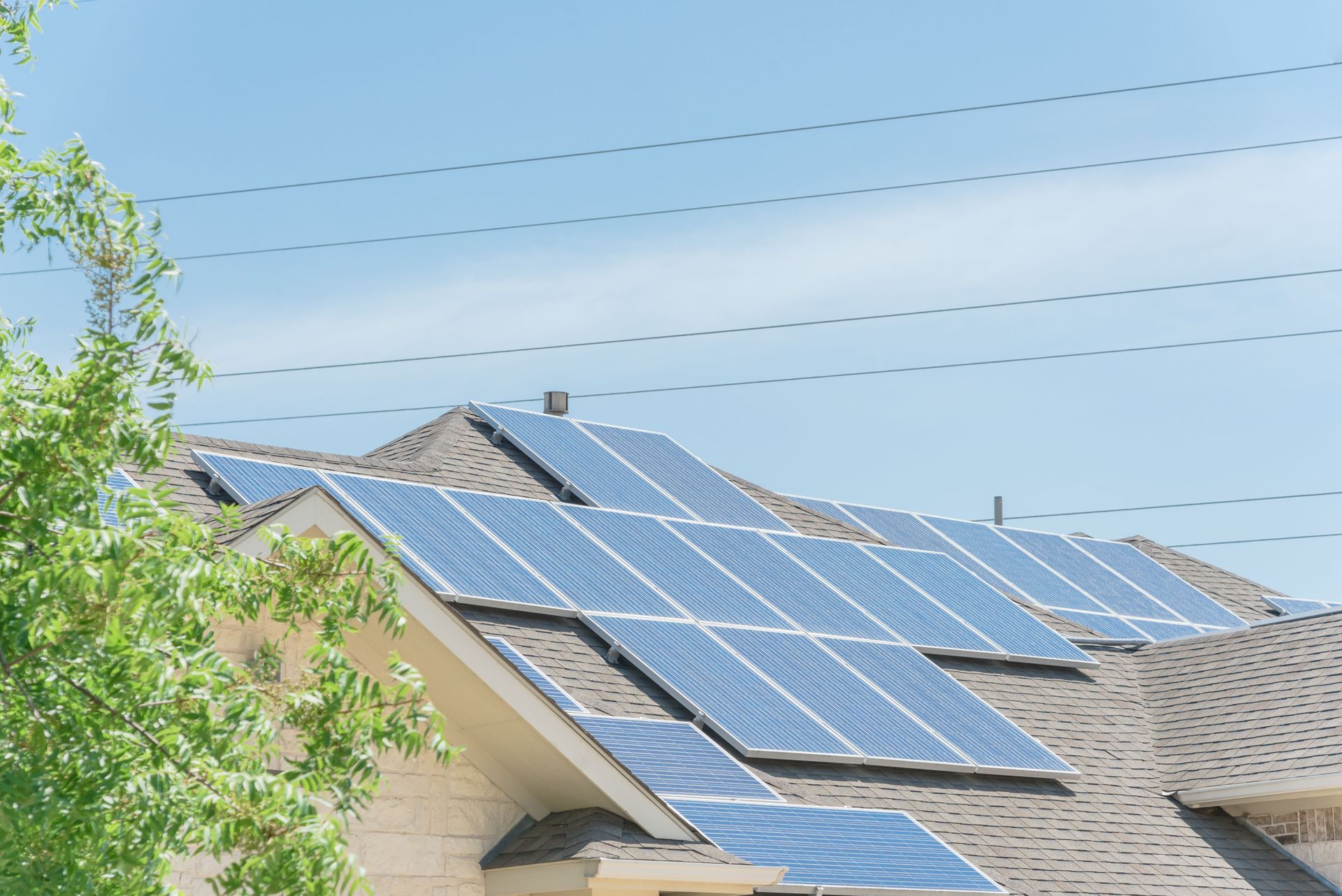
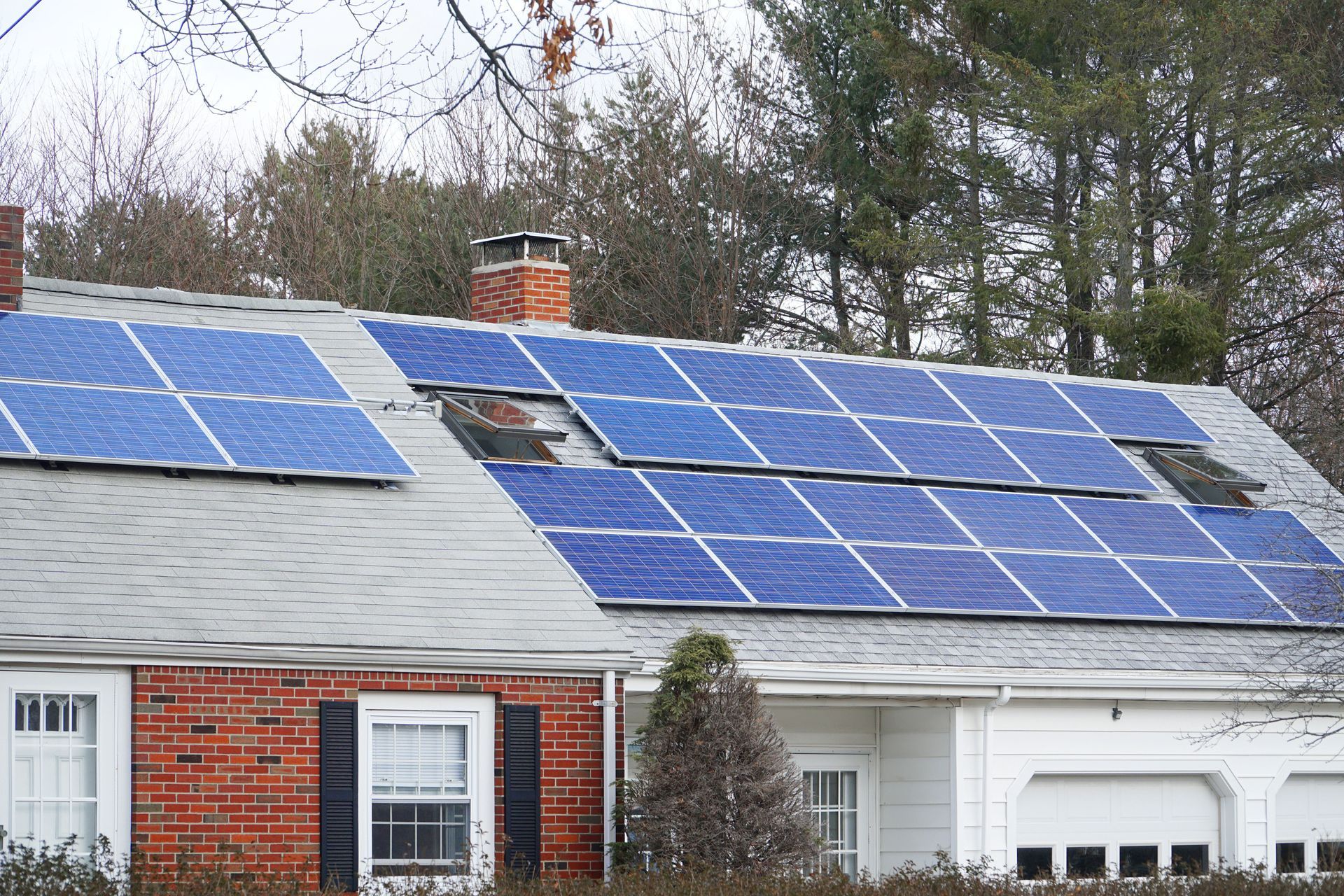
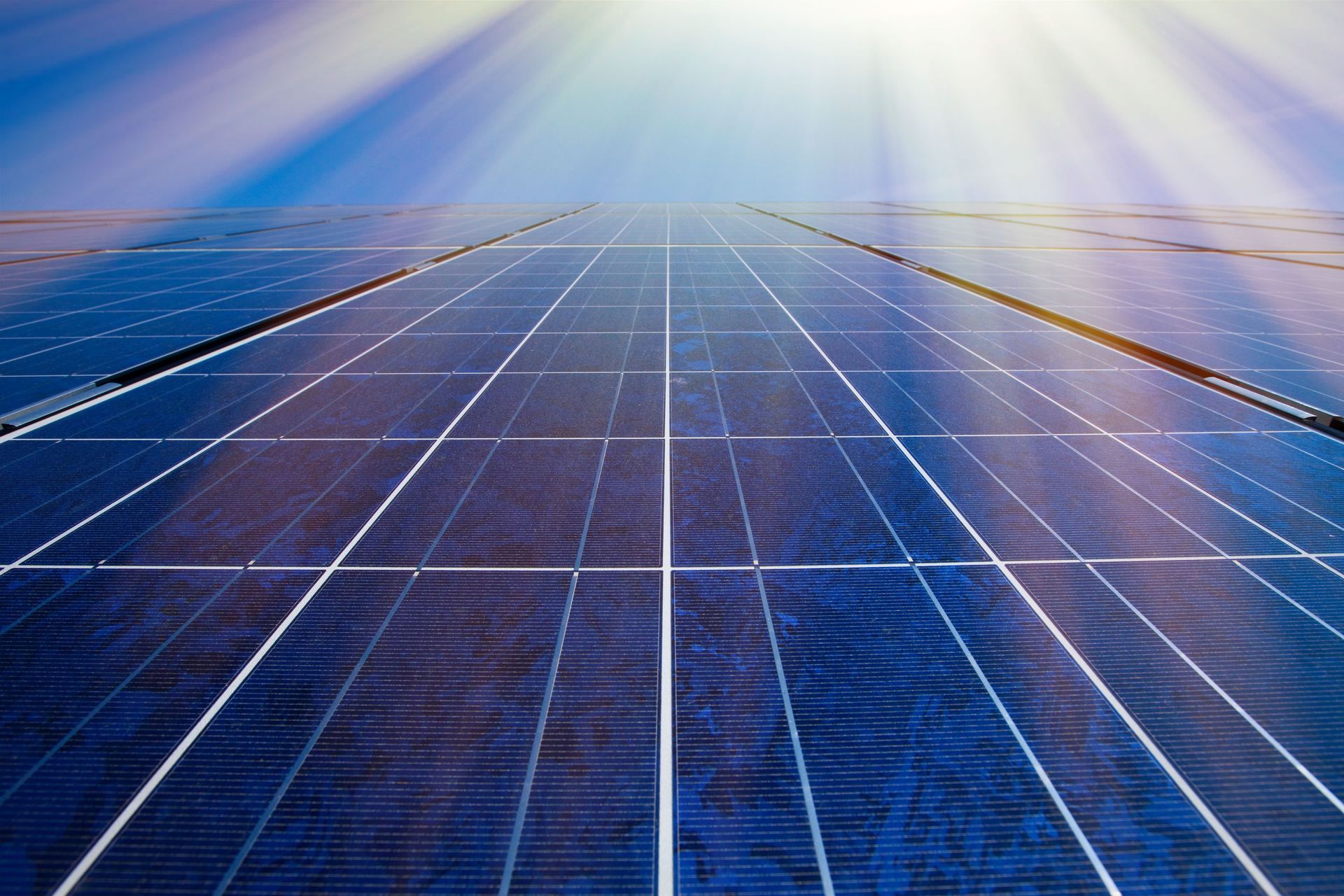

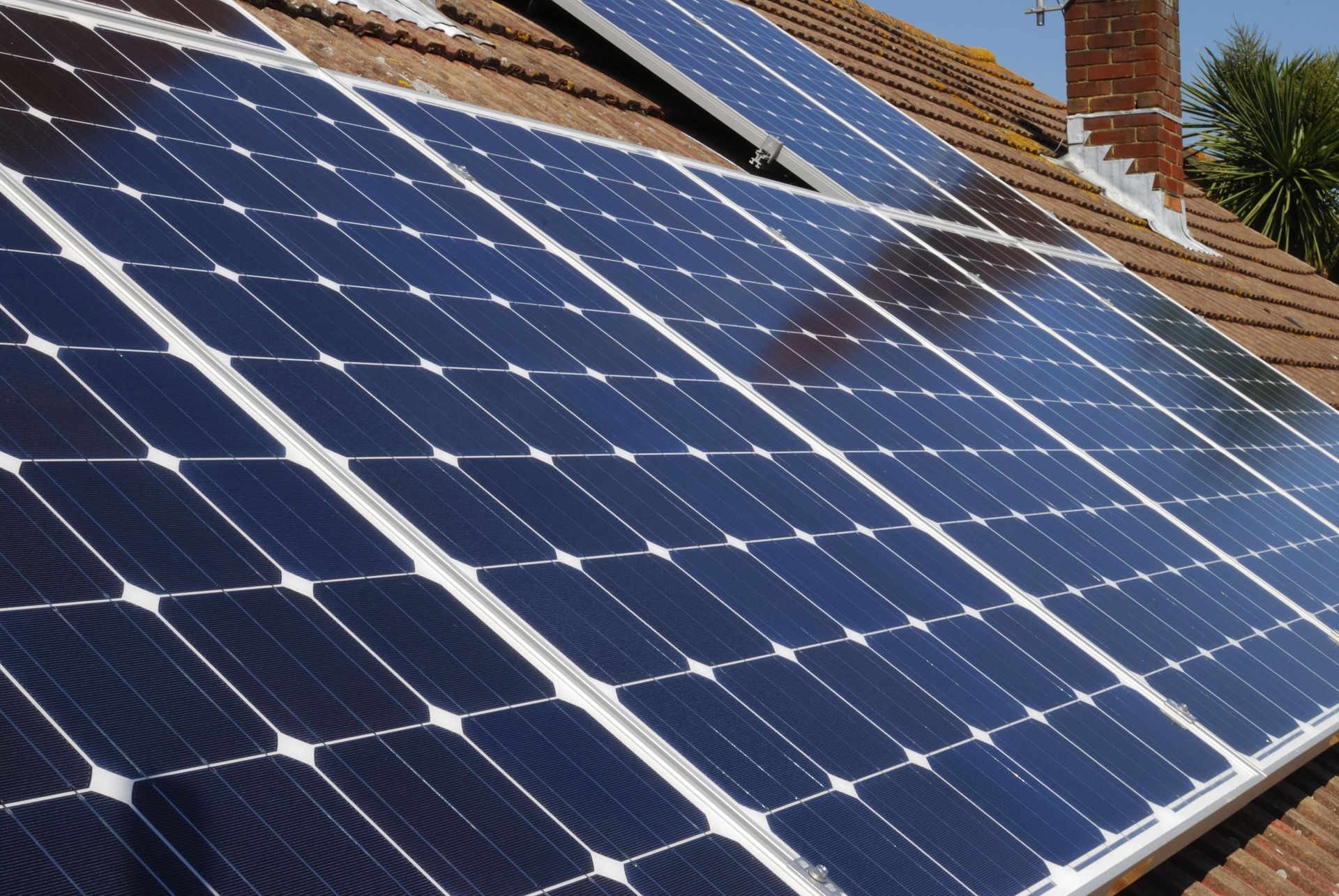
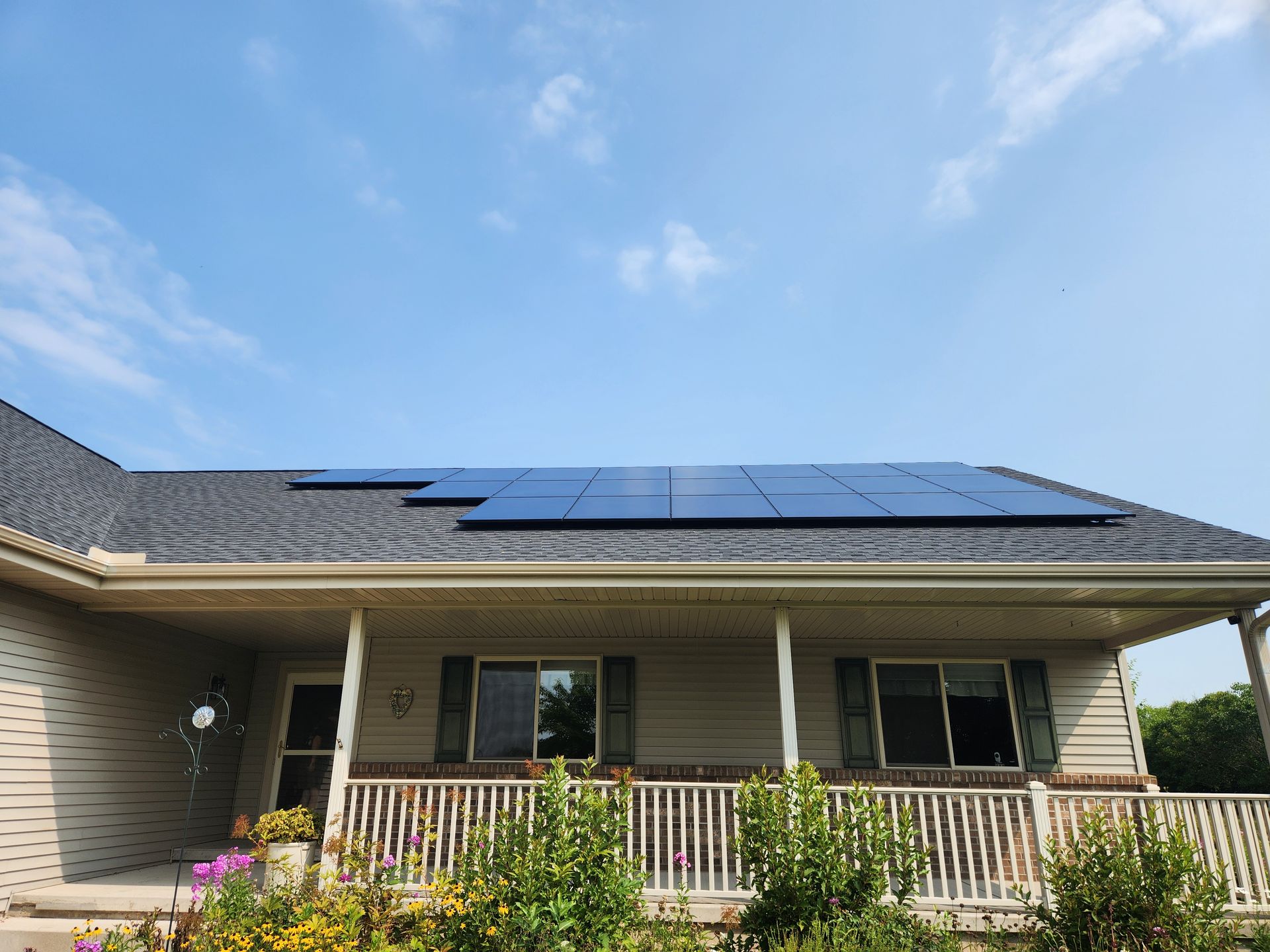





















Share On: